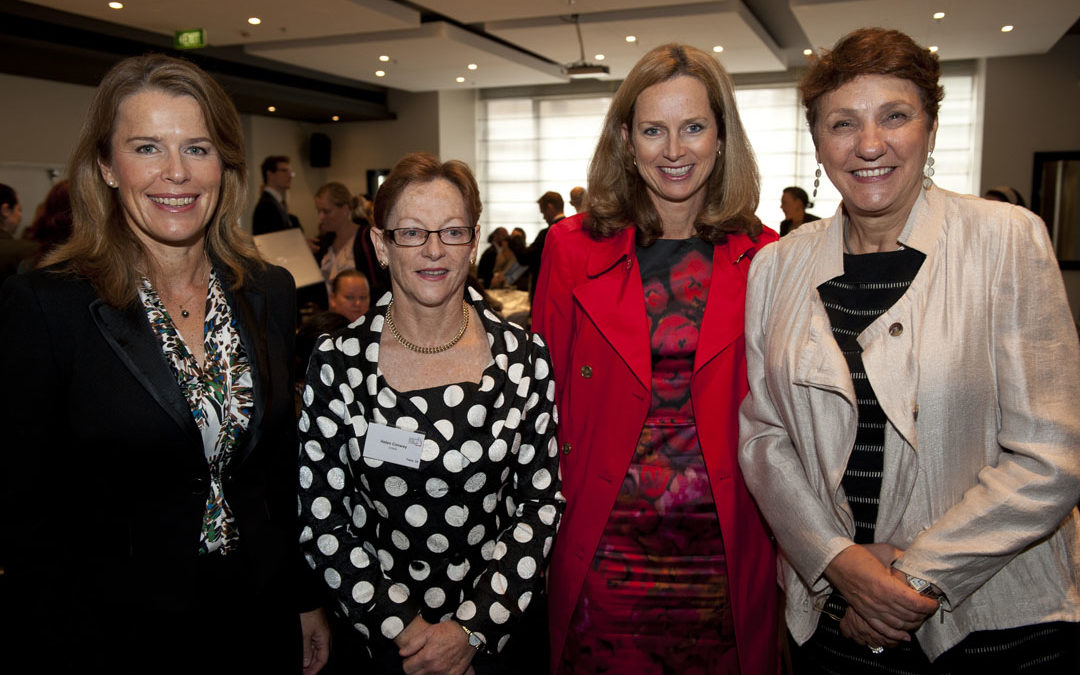In celebration of International Women’s Day (8 March) LinkedIn has released the ‘What Women Want @ Work’ global study.
According to the study, the majority of Australian women (65 per cent) define professional success as having the right balance between work and personal life, and 68 per cent believe they can ‘have it all’. And while everyone’s version of ‘having it all’ is different – in the same way we all have our own definition of ‘success’ – overall, I feel happy about these findings, because it’s testament to the fact that women are feeling confident about their careers and upbeat about their ability to have a fulfilling work and family life. But at the same time, I feel a twinge of concern. Hear me out…
58 per cent of working women would like greater flexibility within the workplace, and 84 per cent of respondents said a flexible work environment was the single most important factor in determining the ‘success of the next generation of professional women’. What’s so concerning about that you ask? Well this holy grail of flexibility was deemed even more important than having a ‘greater representation of women at senior levels’.
The ironic reality is that businesses will struggle to create truly flexible workplaces without more female representation at the senior level.
Women in senior management positions have a unique opportunity to advocate the benefits of flexible work policies. That’s not to say that men do not have a role to play – it’s a community issue, not a women’s issue. But to grow the next generation of leaders, we must not only listen to what women want in the workplace, but have women represented in senior roles to inspire this change.
The survey also revealed that Australian women still face significant career barriers in the workplace. Forty-nine percent of professional women identified pay inequality as a major challenge. I find it completely unbelievable and entirely unfair that women are still being paid less than men for doing the same job, with the same level of experience. The lack of a career path (52 per cent); little investment in professional development (43 per cent); the persistence of the ‘glass ceiling’ (25 per cent); and sexism in the workplace (19 per cent) were also perceived to be major inhibitors of professional success. Surely greater representation of women at senior levels would remove many of these antiquated professional barriers, or at the very least shine the spotlight on them and the organisations responsible.
What can we do to ensure we keep moving on the path to gender equality in the workplace? I read yesterday in Human Capital Online:
The Australian Bureau of Statistics (ABS) has found that while the majority of working women are not caring for children, most employers continue to rely on family-friendly policies to address gender equity in their workplace.
Specifically, the ABS study revealed:
- Most workplaces focus on “family-friendly” policies to promote equity, yet these are very out-dated;
- 64% of women aged 25-54 and working full-time have no children under 18;
- Auditing pay and performance bonuses is a must.
Only with true flexibility and robust childcare policy will business attract more women with children under 18 into the workforce. It is not an easy issue – but we need a far more rigorous debate about it. Every year on international women’s day we bemoan the statistics on female participation.
This is a community issue not a ‘women’s’ issue… Where to from here?

